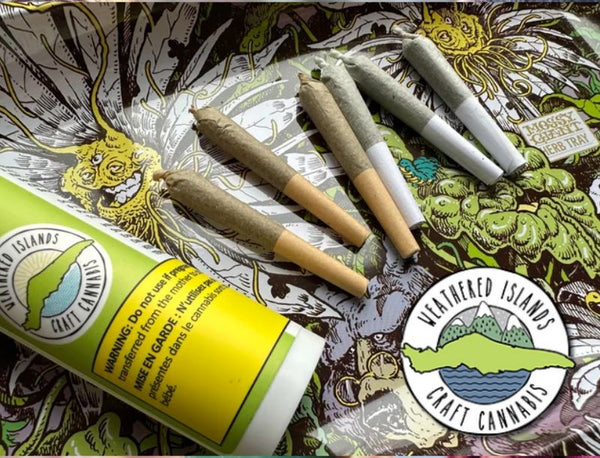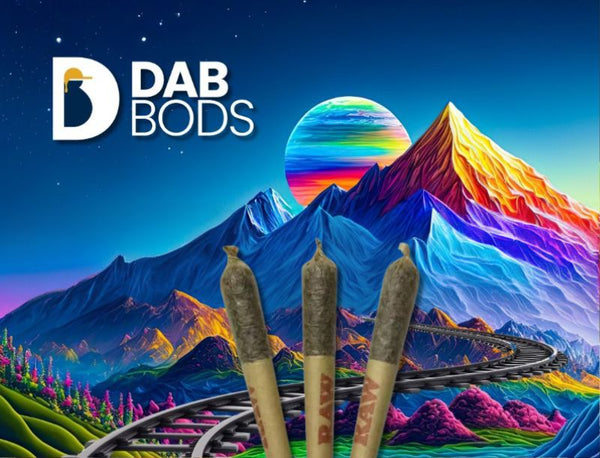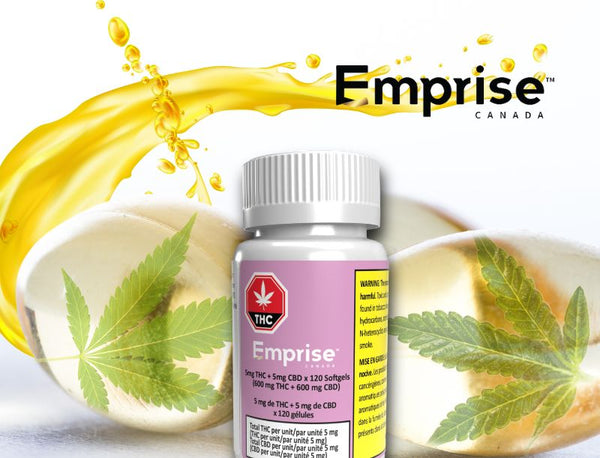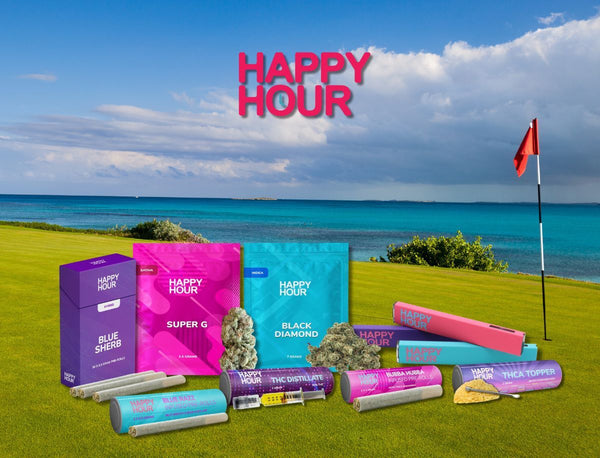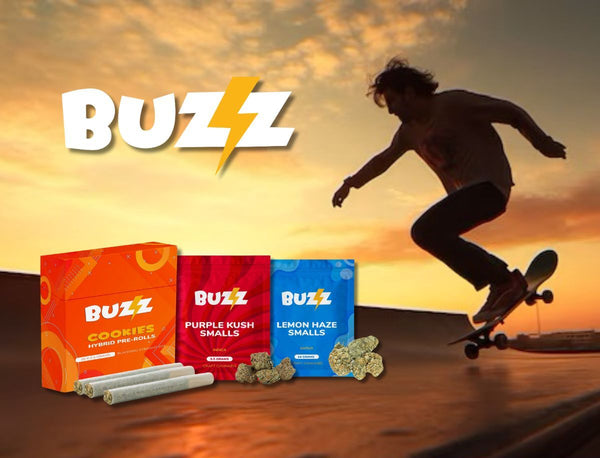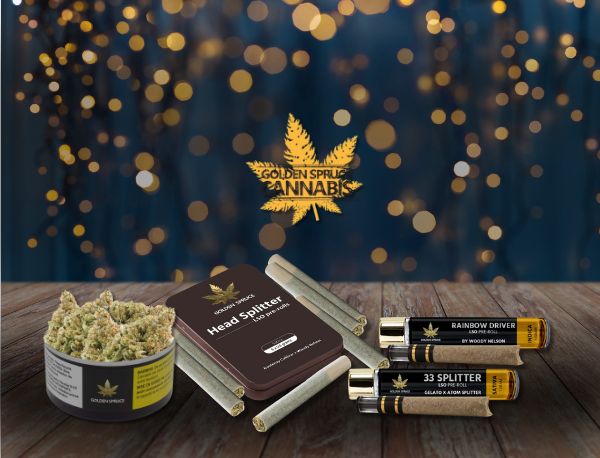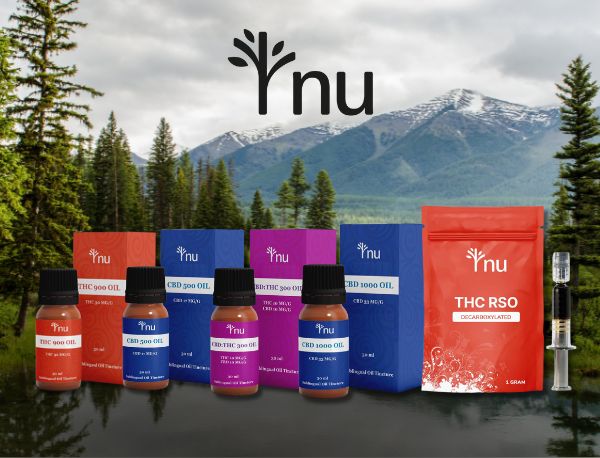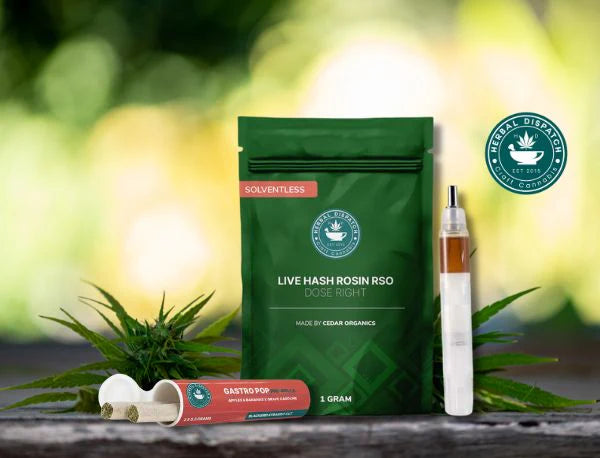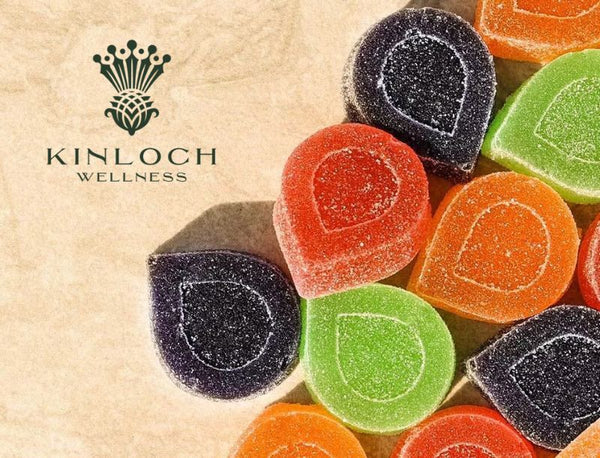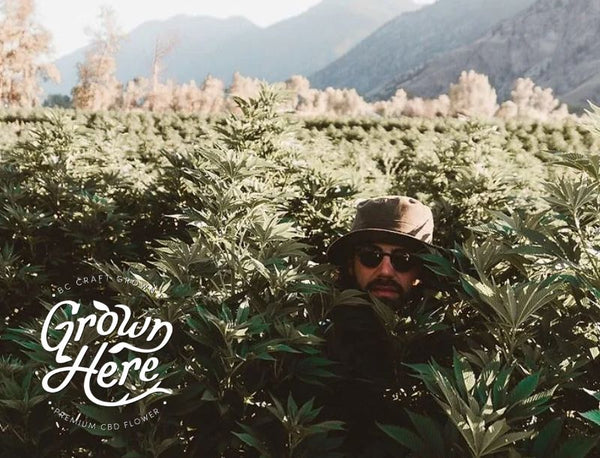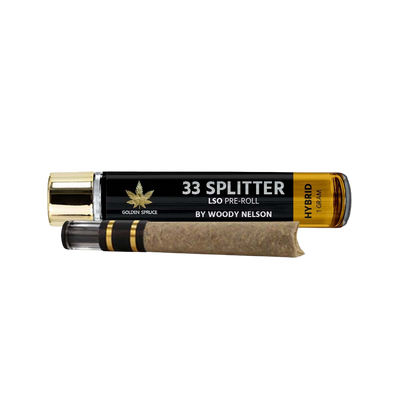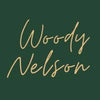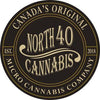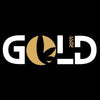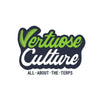Canada's premier online dispensary for small-batch cannabis
Experience Craft Cannabis Like Never Before
New Products
Featured Brands
A Legacy Rooted In Craft Cannabis
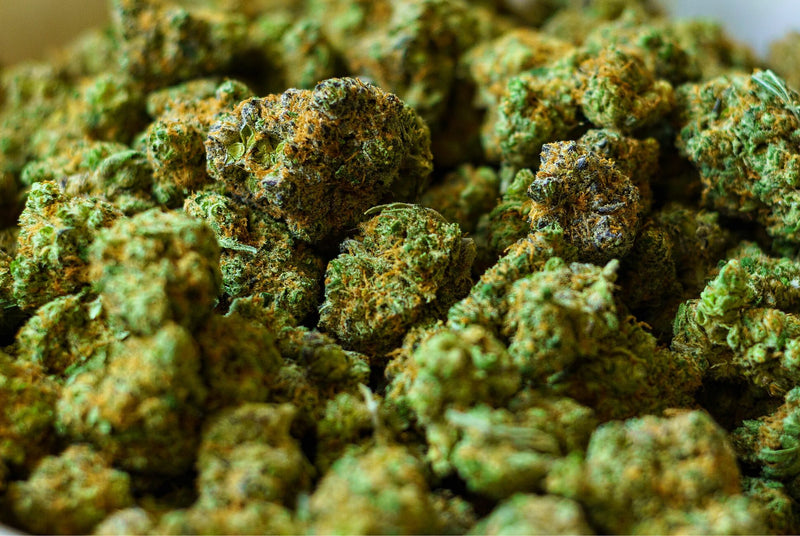
Since 2015, Herbal Dispatch has been leading the charge for craft cannabis in Canada. Our mission is simple: to provide our members with access to the best quality, small-batch cannabis in Canada.

For the Cannasseurs. Golden Spruce rolling up the award winning 33 Splitter. Presented in a one gram glass tip pedestal. Sativa leaning cut grown by our dear friends at Woody Nelson in pure living soil.
- Regular price
- $16.95
- Sale price
- $16.95
- Regular price
-
$19.95 - Unit price
- per
Brands We Love
Best Sellers
Blog

#127: Meet Farnesene:
The Green Apple Terpene with Big Potential
Known for its crisp, green apple aroma and subtle calming effects, farnesene is one of the lesser-known terpenes found in cannabis, but it’s gaining recognition for its unique properties and potential health benefits.
While it may not be as dominant or widely discussed as myrcene or limonene, farnesene still plays an important role in the overall effects and experience of cannabis. Found in trace amounts in many strains, this terpene offers a range of potential benefits that make it worth exploring.
The building blocks of farnesene

Farnesene refers to a group of sesquiterpenes, which are organic compounds commonly found in plants. They differ from terpenes in that they contain three isoprene units instead of two, making them larger and more complex. Farnesene can exist in multiple forms, including alpha-farnesene and beta-farnesene, which are both naturally produced by plants.
The most common form of farnesene found in cannabis is alpha-farnesene, which has a distinct apple-like scent. Beta-farnesene is a less common form found in cannabis, with a more woody and earthy aroma.
First discovered in apple peels in the early 20th century, farnesene has since been found in many other plant species, including cannabis, ginger, and oregano. In these plants, farnesene serves as a natural defence mechanism against pests and diseases. However, it wasn't until the 1990s that researchers began to explore the potential health benefits of this terpene.
In the 2010s and 2020s, more studies were conducted on farnesene's effects, and the results have been promising. Farnesene has shown anti-inflammatory and antioxidant properties in studies on cell cultures and animal models. Some research has also suggested that farnesene may have antimicrobial and antitumor effects, but more studies are needed to confirm these potential benefits.
What it smells (and tastes) like

Usually found in trace amounts of many cannabis strains, alpha-farnesene is responsible for that hint of apple or pine in some strains. You may not be able to smell it directly, but when combined with other terpenes and cannabinoids, it creates the unique scent profiles of different strains.
Strains high in alpha-farnesene tend to produce an invigorating, uplifting effect. You may notice an increase in energy, creativity, and focus when consuming these strains. This can be particularly beneficial for those experiencing fatigue or low motivation.
If beta-farnesene is present in higher concentrations, you may experience a more relaxing and sedative effect. This terpene has been known to have calming properties that can help with stress, anxiety, and even insomnia.
When the two farnesene isomers are present in equal amounts, you may experience an invigorating and relaxing effect simultaneously. This can make a strain great for both daytime and nighttime use, depending on your personal preferences.
How farnesene makes you feel
While research on farnesene is still emerging, preliminary studies have been promising. Some potential benefits and effects include:
Anti-inflammatory: when compared to standard anti-inflammatory drugs, farnesene has shown to be on par or superior to these treatments in reducing inflammation.
Anxiolytic and sedative effects: Calming effects are commonly associated with farnesene, making it a great option for individuals struggling with anxiety or sleep disorders.
Antimicrobial activity: Farnesene has demonstrated antimicrobial properties, which could help in combating certain bacterial and fungal infections.
Neuroprotective potential: Some studies suggest that farnesene may have neuroprotective effects, potentially aiding in the prevention of neurodegenerative diseases.
It's important to note that while these findings are promising, more research is needed to fully understand farnesene's effects and therapeutic potential. A promising but relatively understudied compound, farnesene has the potential to provide a wide range of health benefits.
Looking for farnesene? Start here
At Herbal Dispatch, we pride ourselves on providing clear and accurate information about our products. You can sort products by terpene, view top terpenes in a strain, along with lab tests to back them up. Here are our top picks for farnesene-dominant products:
Dosi Punch 90-189u: Astrolab's Premium Cold Cure Live Rosin is a flavour-packed concentrate with high levels of farnesene, making it perfect for those seeking a more calming and relaxing experience.
Purple Kush Smalls: The Buzz is real with this strain. Purple Kush Smalls is a potent indica-dominant strain that contains 0.65% farnesene, providing a euphoric and sedative effect.
Sunset Sherbert: A hybrid strain with sweet and fruity flavours, Sunset Sherbert also contains high levels of farnesene, which can help enhance its relaxing effects.
Resin Roll Gelato #41 Infused Pre-roll: 1964's Resin Roll is infused with Gelato #41, a strain that contains 0.49% farnesene, giving it a sweet and fruity aroma.
Pressed Hash Organic: Pressed from living soil organic flower, the primary terpene in this Homestead hash is farnesene, giving it a woody and spicy profile.
Comatose Organic: With a whopping 1.13% farnesene, this living soil organic strain boasts a sweet and fruity aroma with hints of citrus.
Ambassasor-Infused CBD: Grown Here's CBD-infused flower, Ambassador, has a unique terpene profile dominated by farnesene (0.67%) and myrcene (0.36%). Enjoy the therapeutic benefits of CBD with a sweet and spicy twist.
CBD Super Strength Oil: If you fancy an oil, then check out LOFI's Super Strength CBD tincture, a full-spectrum extract that maximizes the entourage effect with its high levels of cannabinoids and terpenes.
Glenn's Ice Cream Rosin Gummies: These delicious gummies are infused with high-quality rosin that contains farnesene, limonene and caryophyllene.
A terpene worth watching
Farnesene may not be the most prominent terpene in cannabis, but much like the crisp bite of a green apple, it leaves a distinct and refreshing impression. With its sweet, fruity aroma and promising therapeutic potential, farnesene is a compound worth taking note of. Keep an eye (and nose) out for farnesene—it might just be the hidden gem that takes your cannabis experience to the next level.

Membership Has Its Privileges
As a member, you will enjoy receiving:
Already a member? Login here













